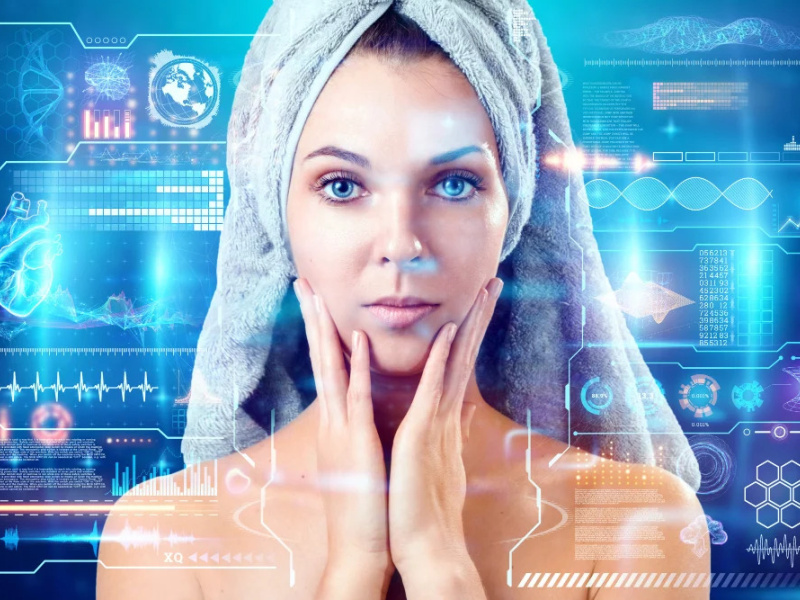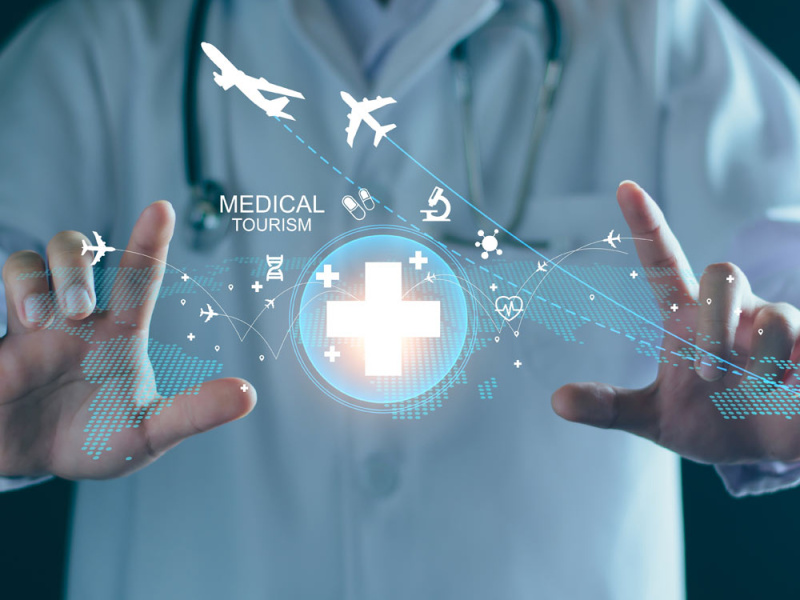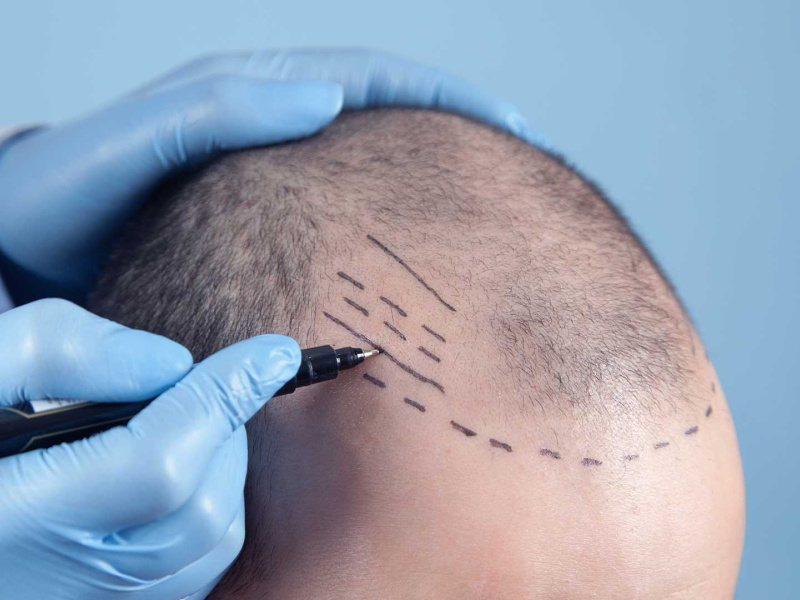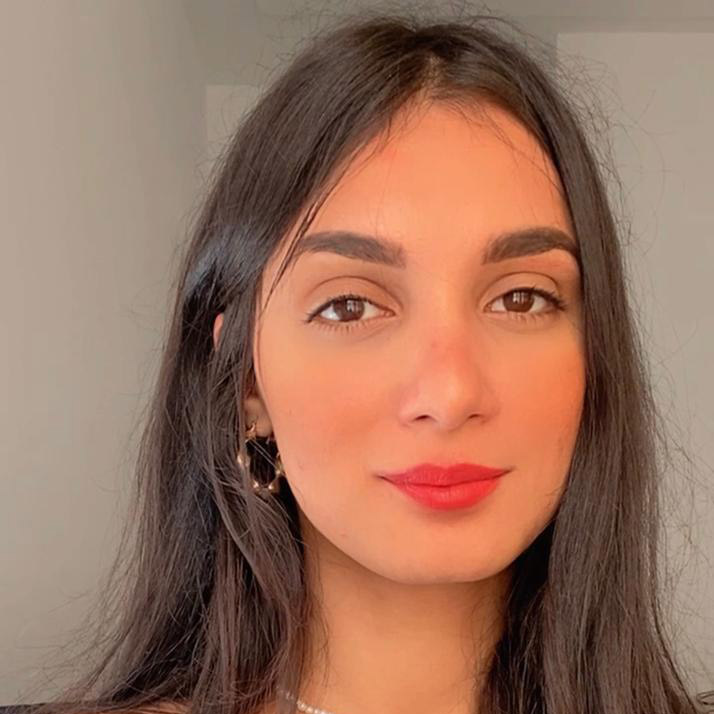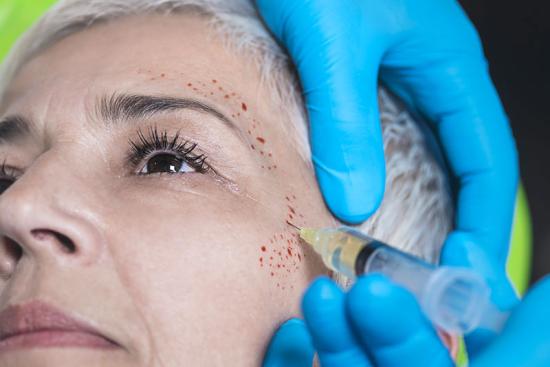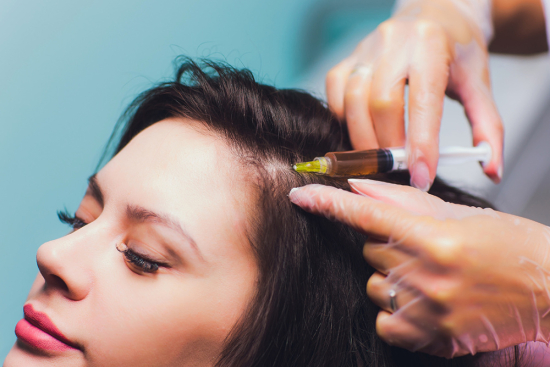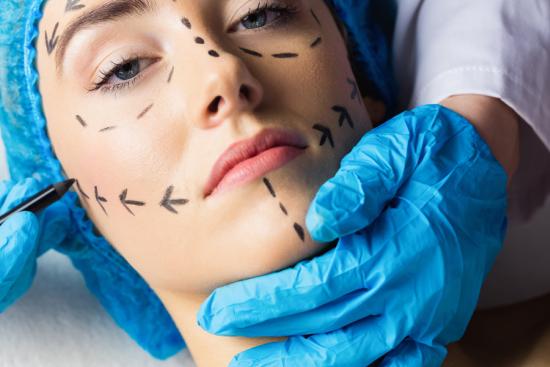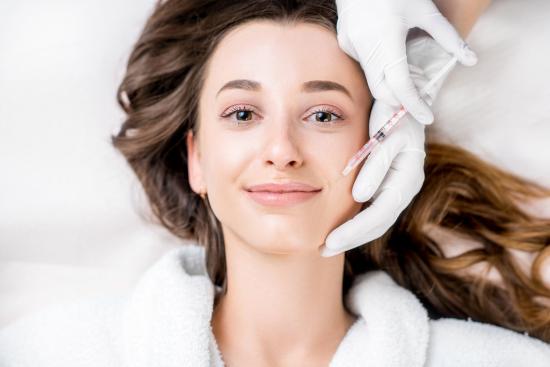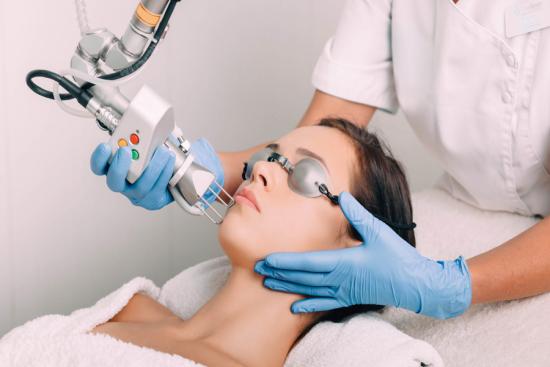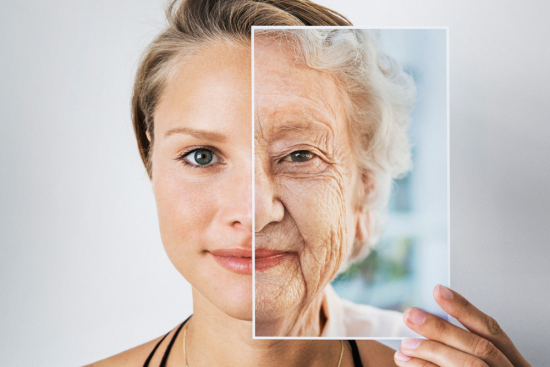You've probably heard about the impact of artificial intelligence (AI) on sectors such as finance and healthcare. But what about its effects in aesthetic medicine? Is it just a passing trend or a collection of technological gadgets, or is it a genuine revolution that is changing the way aesthetic treatments are designed and performed?
AI is increasingly infiltrating specialized clinics, offering more precise tools to analyze skin, simulate results, and personalize treatments. For patients, this means safer, more personalized treatments and often more natural, long-lasting results.
What is artificial intelligence (AI) in aesthetic medicine?
In the field of aesthetic medicine, artificial intelligence (AI) encompasses all technologies that can process vast amounts of medical and aesthetic data to support practitioners in their decision-making. AI's role is to improve diagnostic accuracy, personalize treatments, and predict results while enhancing patient safety.
In concrete terms, this may involve:
- Skin analysis tools that use high-definition cameras and predictive algorithms;
- 3D simulation software that visualizes the potential results of rhinoplasty, facelifts, and breast augmentations.
- Personalized treatment recommendations based on your morphology, expectations, and medical history.
The goal of AI in aesthetic medicine is to reassure patients, refine results, and ensure informed decision-making. AI becomes a veritable intelligent assistant, serving both the practitioner's expertise and the patient's comfort.
AI gadgets in aesthetic medicine: real innovations or mere trends?
Today, the aesthetic medicine market is flooded with gadgets that are touted as "revolutionary." There are mobile facial analysis apps, skin self-assessment devices, and personalized virtual assistants. While some of these tools can raise awareness of care and prevention, their reliability and accuracy are often limited.
For instance, apps that analyze your face to detect wrinkles or imperfections can provide an initial rough estimate. However, they are no substitute for an in-person consultation, during which a precise diagnosis is made using professional medical devices under the supervision of an experienced practitioner.
On the other hand, certain connected technologies are now real clinical tools that enable care to be monitored and optimized:
- Smart cameras precisely monitor skin evolution after laser or pulsed light treatment.
- There are also injector robots that improve the precision and regularity of injections, particularly for mesobotox and dermal fillers.
The key is to distinguish between AI used for marketing purposes and medically validated AI. The latter plays a concrete role in improving the quality and durability of results. In our partner clinics, only certified, proven technologies are used to ensure reliable, professional care.
The real revolutions brought by AI in aesthetic procedures
AI is profoundly transforming aesthetic medicine by offering innovative tools that improve the precision, personalization, and safety of procedures. Below are a few concrete advances that have already been integrated into modern practices in Turkey:
Personalized 3D simulation
Thanks to advanced software, patients can visualize a realistic projection of the expected result in real time, whether it's rhinoplasty, chin filler, or breast augmentation. This visualization helps patients understand the possibilities and makes it easier for them to make an informed decision.
Automatic facial analysis
Certain cameras and algorithms can detect asymmetries, signs of sagging, and loss of volume. This allows doctors to propose highly targeted treatments, such as fillers, tensor threads, or targeted facelifts.
Optimized injections
Robotic assistance ensures more precise, homogeneous, and real-time-adapted injections, thus improving efficacy and patient comfort.
Intelligent postoperative follow-up
Artificial intelligence platforms allow for remote monitoring of scarring, inflammation, and post-procedure recovery. They can alert the doctor quickly in the event of complications. This improves the safety and quality of follow-up care, even after the patient has returned home.
These technologies have already been successfully applied to various procedures, including rhinoplasty, lipofilling, facelifts, and hair transplants. They are an integral part of the personalized treatments offered by our partner clinics.
How do you choose a clinic or practitioner that uses AI in Turkey?
Integrating AI into aesthetic medicine requires rigor and expertise. To ensure you receive safe, high-quality care, here are some key tips for selecting a competent facility or professional in Turkey:
Find out about the technologies used: AI tools must be clinically validated and used under medical supervision, not simply automated without control.
Check practitioners' training: A good command of technological devices is essential. Using a high-performance tool incorrectly can compromise results or safety.
Focus on a personalized, human approach: AI should always support the practitioner and never replace them. Dialogue, active listening, and human expertise are at the heart of aesthetic success.
Artificial intelligence is not just a passing trend in aesthetic medicine. When used properly, it allows us to anticipate results more accurately, personalize care, and improve patient safety and satisfaction. While some gadgets are still superficial, other existing technologies are truly transforming the aesthetic experience.
At Turquie Santé, we collaborate with clinics that integrate the latest AI technologies while maintaining a personalized, safe, and human approach. Explore now!

